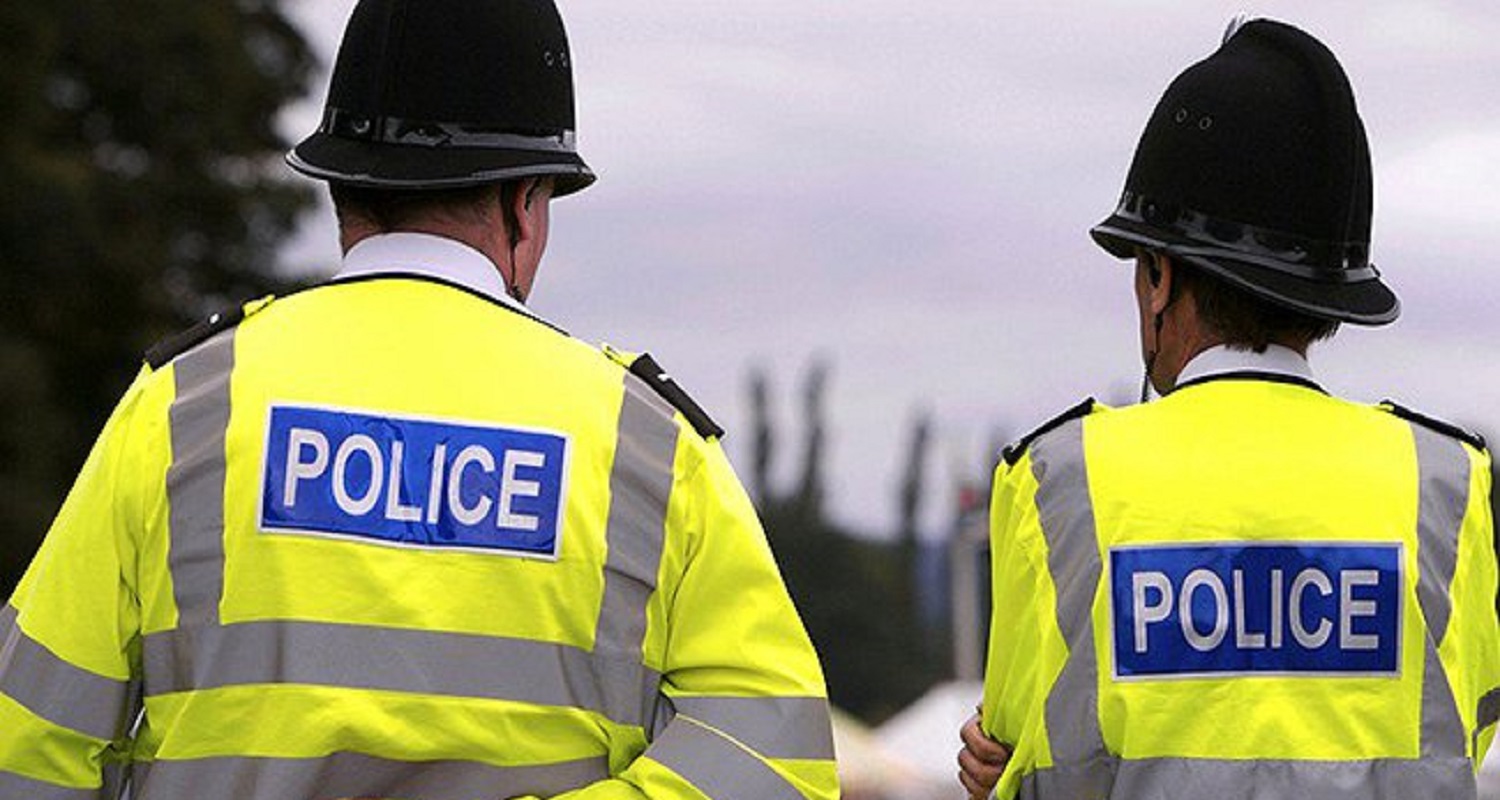‘A disturbing surge in anti-LGBTQ hate crime is taking place – and the police are in denial’
Homophobic hate crime at home and on the streets is becoming a pandemic in itself, writes Philip C Baldwin.
By Will Stroude

“Jack rang the helpline. He is a Carer for Lee who has been experiencing homophobic hate crimes from a neighbour. We discussed how reporting this to the police has been for them both and offered some emotional support in this. I then told Jack about more practical support in terms of hate crime.”
– LGBT Foundation
National Hate Crime Awareness Week runs from 10 to 17 October. It coincides annually with the release of the Home Office’s recorded hate crime statistics for England and Wales.
Recorded hate crimes based on sexual orientation increased by 19 per cent over the last year, from 13,314 to 15,835, up from 6,700 five years ago. Transphobic hate crimes increased by 16 per cent over the last year, from 2,183 to 2,540, up from 820 five years ago.
Emma Meehan of the LGBT Foundation says of recent pressures heaped upon LGBTQ people: “We know that lockdown has not put a stop to hate crime, with June being our busiest month for hate crime support this year.

“More and more, we are having people come to us who have been experiencing hate for a long period of time – prolonged abuse, often in their own homes – who are finally coming forward to report. These will often be people who have been experiencing hate for months or even years.
We also know that unfortunately in some ways, hatred is growing. We have recently seen an increase in hateful transphobic statements… With many people now stuck at home due to the coronavirus pandemic, for some this may mean that they are trapped with or in close proximity to their hate crime perpetrator.”
There is a misconception around hate crime – that it usually takes place at random outside bars or on high streets. The reality is that most hate crimes occur close to an individual’s residence. The pandemic created the ideal circumstances for homophobic, biphobic and transphobic hate crime to thrive.
The Home Office suggests that the rate at which anti-LGBTQ hate crimes are increasing has slowed, as the percentage increase this year was less than the previous year. They cannot reliably draw this conclusion, as this year’s data is incomplete. Greater Manchester Police, serving a population of millions, was unable to contribute hate crime data this year (following the implementation of a new IT system in July 2019).

Increasing LGBTQ visibility is often cited as a major factor in rising anti-LGBTQ hate crime. I had previously accepted this argument. It made sense – over the decades Pride festivals have grown from having attendance figures in the low thousands, to some now drawing in excess of a million people.
However, this year LGBTQ people have not become more visible – with the possible exception of on our TV screens, in soap operas and films. Like everyone else we have been staying at home. This year’s rise in anti-LGBTQ hate crime suggests that increased visibility is not the determining factor.
The Home Office state that the police have become better at hate crime data recording (despite Greater Manchester Police not providing any data) and cite improved recording as a factor in rising anti-LGBTQ hate crime statistics. Anecdotal evidence seems to suggest the opposite – I hear many accounts of LGBTQ people attempting to report hate crimes, only for the police to ask if they were sure they heard homophobic slurs or if they were drunk.
Finally, another reason the Home Office provide for rising statistics is that LGBTQ people are more willing to report hate crime. I assume that I would report a homophobic attack on myself. I have certain privileges – I am out to all my friends, family and work colleagues. I would not be outing myself to anyone by reporting a hate crime. I know which charities to reach out to for support and don’t think I could be intimidated by a perpetrator.

Philip C Baldwin is an LGBTQ writer and activist
I might be in shock, but I would not be afraid of walking into a police station. During a Black Lives Matter protest a Black LGBTQ person told me that, when he is the victim of crime, he and many other Black, Asian and minoroity ethnic (BAME) people never report it. LGBTQ people are not increasingly willing to report hate crimes – many LGBTQ people are actually unable to do so.
A disturbing surge in anti-LGBTQ hate crime is taking place. The police and the Home Office are in denial about the problem. The Home Office needs to acknowledge that anti-LGBTQ hate crime is a serious and increasing problem. The police require better training and must take a more proactive approach.
Every LGBTQ person across the UK has the right to feel safe, most of all in their own home.
If you or someone you know is in need of support, call the LGBT Foundation helpline on 0345 3 30 30 30
Philip Baldwin is an LGBTQ writer and activist – follow his journey on Instagram @philipcbaldwin
